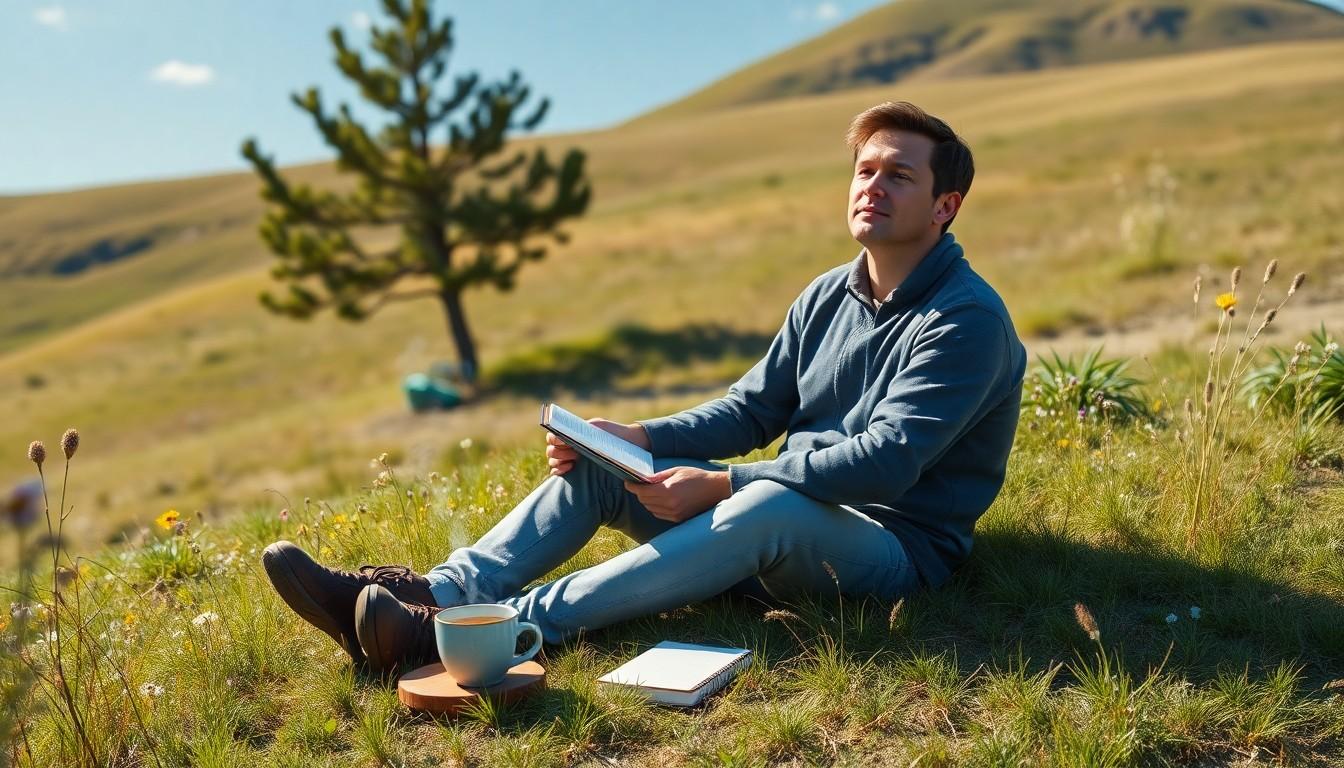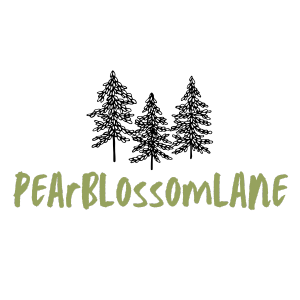In a world that seems to be on a perpetual caffeine high, slow living offers a refreshing antidote. Imagine trading the frantic pace of modern life for a more intentional, mindful approach. It’s not about throwing your smartphone into a river or moving to a remote cabin—though that does sound tempting. Instead, it’s about savoring the little moments and finding joy in simplicity.
Slow living encourages people to hit the brakes on their busy schedules and embrace a lifestyle that prioritizes quality over quantity. Think of it as a cozy blanket on a chilly day; it wraps you up in warmth and comfort, making life’s chaos feel a bit more manageable. So, if you’re ready to swap hustle for harmony, slow living might just be the delightful change you’ve been searching for.
What Is Slow Living
Slow living represents a lifestyle choice focused on intentionality and mindfulness. Individuals embrace this concept to counteract the frenetic pace of contemporary life. Emphasizing quality over quantity, slow living encourages the appreciation of simple moments. This approach allows for more meaningful connections and enjoyment in daily activities.
People engaging in slow living prioritize their time and energy. They deliberately choose to savor experiences rather than rush through them. By cultivating awareness and presence, practitioners find greater joy in everyday routines. For example, enjoying a meal without distractions fosters a deeper connection to food and to those sharing it.
This lifestyle doesn’t necessitate drastic measures. Instead of turning away from technology or isolating oneself, participants can integrate slow living principles into daily life. Establishing small rituals, such as enjoying morning coffee mindfully or taking leisurely walks, can spark significant changes. These moments promote relaxation and reduce stress, offering a buffer against life’s chaos.
Community also plays a vital role in slow living. Individuals often seek like-minded companions who value simplicity and intentionality. Participating in local activities or fostering relationships with neighbors enhances a sense of belonging.
Ultimately, slow living offers a pathway towards a more balanced life. Prioritizing simplicity enables individuals to experience a profound shift in perspective. As a result, it cultivates an appreciation for the present moment, making life feel richer and more fulfilling.
The Philosophy Behind Slow Living

Slow living centers on intentionality and mindfulness, providing a thoughtful alternative to the fast-paced lifestyle common today. This philosophy encourages individuals to appreciate small joys and focus on simplicity and quality.
Core Principles of Slow Living
Practitioners prioritize mindfulness in everyday activities. They choose to engage fully, whether enjoying a meal or taking a walk. Simplicity becomes a guiding light, helping individuals declutter both their spaces and minds. Community connections grow stronger as people seek relationships with those who value the same ideals. Sustainability often plays a key role, encouraging a conscious approach to consumption.
Benefits of Embracing Slow Living
Embracing slow living leads to reduced stress and increased relaxation. Focus on quality time enhances personal connections, allowing for deeper relationships. Awareness of the present moment fosters gratitude and fulfillment in daily life. Enhanced creativity often emerges as the mind slows down, encouraging new ideas and perspectives. Practitioners frequently report improved mental clarity and a sense of overall well-being.
How to Implement Slow Living
Implementing slow living involves practical steps and an intentional mindset. Individuals often find joy in simplicity by making small adjustments to their daily routines.
Practical Tips for a Slower Lifestyle
Prioritize disconnecting from technology during meals. Enjoying phone-free dinners fosters meaningful conversations. Embrace nature by taking regular walks, allowing time to appreciate surroundings. Choose mindful activities like reading or journaling instead of mindless scrolling. Simplify spaces by decluttering regularly to promote a serene environment. Enjoy cooking instead of opting for fast food, turning meal preparation into a creative outlet.
Creating a Slow Living Mindset
Cultivating a slow living mindset requires awareness. Focus on the present moment during everyday tasks. Practice gratitude to enhance appreciation for small joys. Choose to limit commitments, ensuring alignment with personal values. Set realistic goals to reduce feelings of overwhelm. Consider mindfulness exercises like meditation or yoga for mental clarity. Connect with supportive communities that share the slow living philosophy.
Challenges of Slow Living
Slow living presents unique challenges in a world driven by speed and efficiency.
Overcoming Fast-Paced Societal Norms
Overcoming societal norms requires commitment and awareness. Practitioners confront cultural expectations that value productivity and busyness. They often face pressure to conform to the fast pace of life, which can lead to stress and burnout. Disconnection from relentless time demands helps individuals reclaim control over their schedules. Prioritizing essential activities fosters a mindset shift toward quality experiences. Strengthening boundaries enables a more intentional approach to daily life, allowing individuals to focus on savoring small moments instead of rushing through tasks.
Balancing Slow Living with Modern Life
Balancing slow living with modern life challenges individuals to integrate simplicity into their routines. They must navigate technology’s pervasive influence while trying to slow down. Creating technology-free zones during meals or leisure activities reestablishes connections and enhances mindfulness. Individuals prioritize time for self-reflection and relaxation amidst busy home lives or careers. Setting realistic goals ensures a manageable pace, preventing feelings of overwhelm. Joining supportive communities that share similar values facilitates the journey towards a slower, more meaningful lifestyle.
Cultivate A Deeper Appreciation
Slow living offers a refreshing alternative to the relentless pace of modern life. By embracing mindfulness and simplicity, individuals can cultivate a deeper appreciation for everyday moments. This lifestyle encourages a focus on quality over quantity, fostering connections with others and enhancing personal well-being.
As practitioners navigate the challenges of a fast-driven world, the journey toward slow living becomes a powerful act of reclaiming time and space. With intentional choices and supportive communities, they can create a fulfilling life that celebrates the beauty of the present. Adopting slow living principles not only enriches individual experiences but also contributes to a more balanced and harmonious existence.




